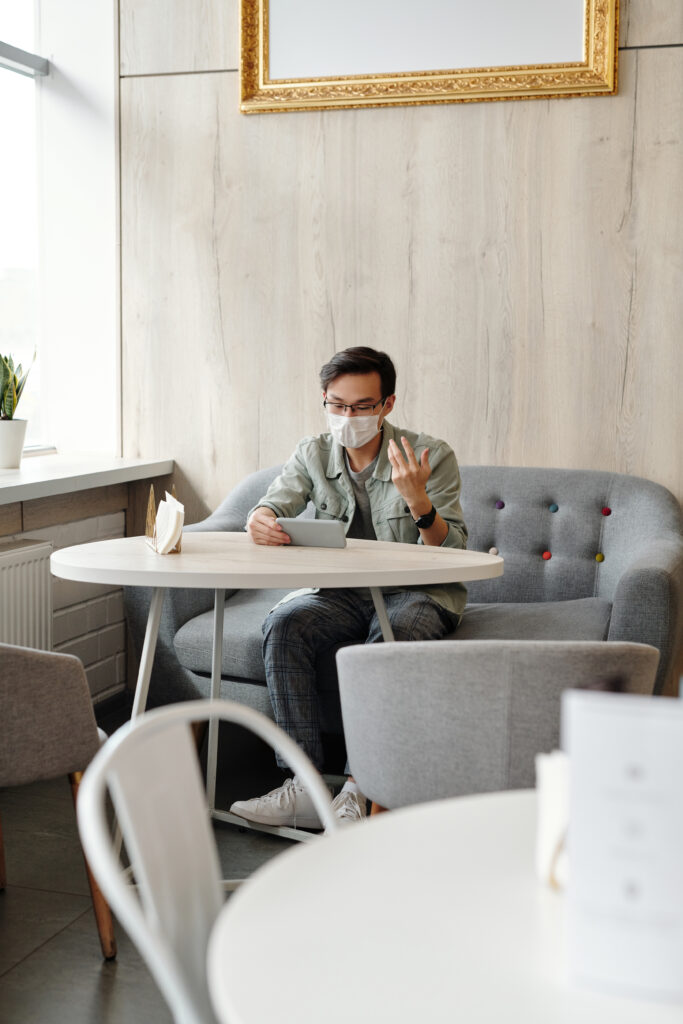OP partners with Techspace to deliver newest St. Andrew Street location
22 Jan 2026
Published on:
29 October 2020
Updated on:
15 December 2023
Read time:
The world has changed dramatically in the last six months and there's no clear way back to where we were at the beginning of March 2020 or, at least, not any time soon.
Covid-19 has made us reconsider the world around us and to adapt our behaviours, including the ways in which we work, travel and engage with each other, accordingly.

The office is possibly the most compelling example of how physical space has been impacted and will, inevitably, have to change to suit the shifting pattern of our needs.
Last month, the Observer ran a piece which questioned whether working from home will be 2020'S most radical change. It highlighted the changing landscape which was revealed when less than 50 per cent of workers returned to the office after restrictions were lifted the majority of those working from home simply continued to do so.
As the article pointed out, lockdown brought into focus a general dissatisfaction with the nine-to-five grind, while raising fundamental questions about how we perceive our jobs and where we do them.
Fact is, many office workers have discovered that we could be physically anywhere and still competently meet our deadlines, liaise with colleagues and do our jobs.
Given that, there are two strong influences at play right now: What the pandemic has taught us about the way we work and what we want in terms of how we work; plus what is necessary and what will be dictated by economics and the force of post virus changes.
It's basically want and need and there has been a seismic shift in both.

Surveys, conducted this year, have found that 88 per cent of employees prefer to work from home at least two days a week. The change to working in the home environment has proven largely effective and we have all experienced the benefits that come from spending less time commuting and having autonomy over our working hours. And so, the majority of us, given the choice, will not be returning to a five day a week, nine to five, office-based way of working.
There's also no getting away from the fact that some companies will have to make cuts to their teams in the medium term, adopting a leaner working model to survive, while others will choose to accommodate a more flexible way of working that will change how they use their commercial space.
At Office Principles, we've spent the last six months re-evaluating our own processes and working out how we can support you best going forward.
Finding a solution to the future of work will be unique to each organisation. It will depend on striking the balance between providing a place where your employees can thrive and an environment that drives business success.
Using the concept of Freedom Working, Office Principles is advocating a tailored solution that enables companies to create their own unique space budget while enhancing staff flexibility and allowing team members to choose between working from home or in the office.
News
22 Jan 2026
News
News
22 Jan 2026
Blog
Blog
21 Jan 2026
Blog
Blog
15 Jan 2026